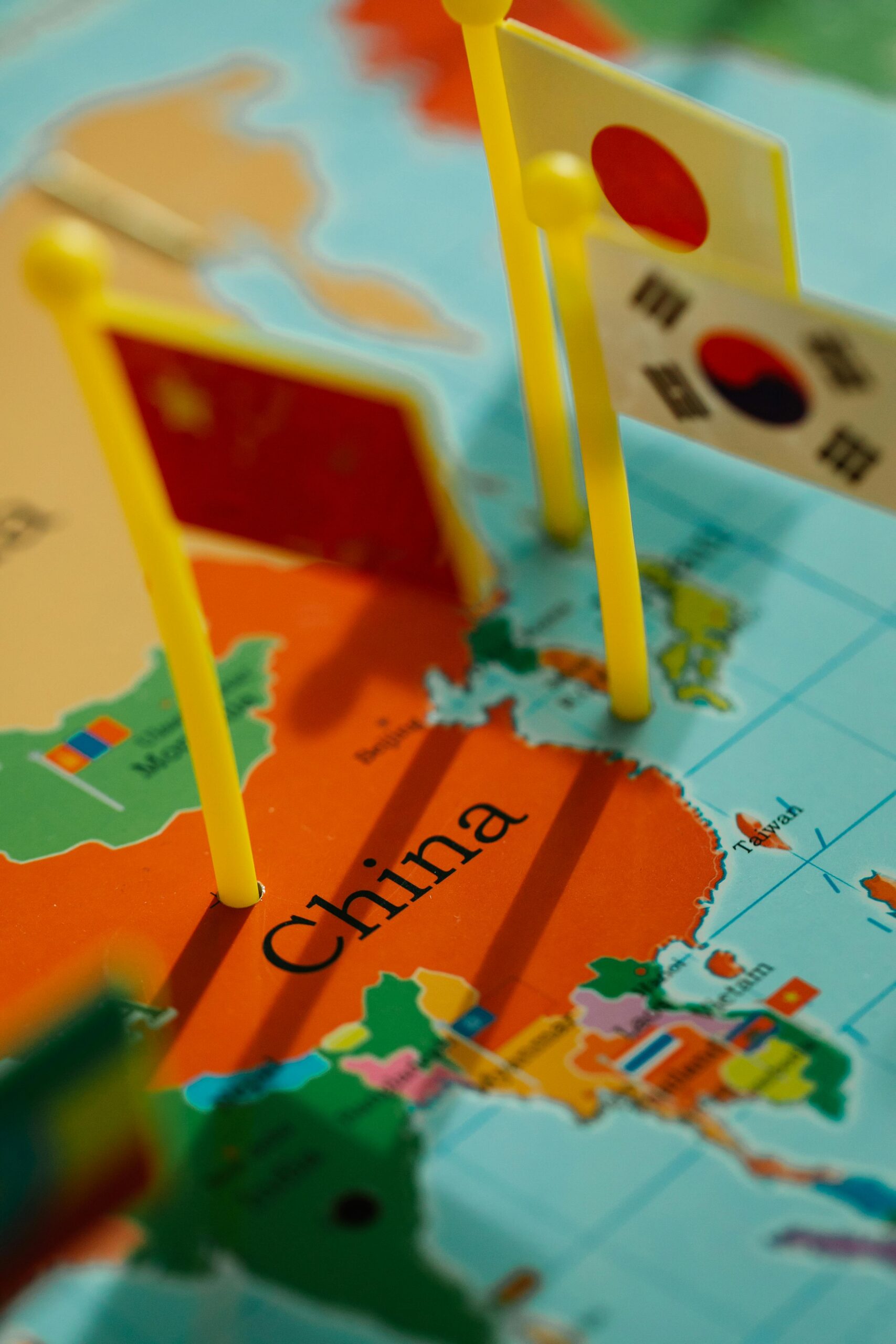Understanding the Political Crisis in Korea
Korea, a peninsula divided for decades, faces renewed political turmoil as tensions between North and South escalate amid shifting global alliances and domestic instability. The current crisis, rooted in historical grievances and geopolitical rivalries, has been exacerbated by recent military provocations, economic strain, and failed diplomatic initiatives. This article explores the multifaceted dimensions of the crisis, from the ideological chasm between Pyongyang’s authoritarian regime and Seoul’s democratic governance to the role of external powers like the U.S., China, and Japan. As nuclear threats loom and humanitarian concerns grow, understanding the interplay of these factors is critical to grasping the risks—and potential pathways—toward stability in one of the world’s most volatile regions.
Historical Roots of Division
The Korean Peninsula’s division traces back to the 1945 partition after World War II, which solidified into separate states following the devastating Korean War (1950–1953). The armistice agreement, never replaced by a peace treaty, created a fragile status quo. North Korea’s juche ideology, emphasizing self-reliance and militarization, contrasts sharply with South Korea’s rapid democratization and economic globalization. Historical grievances, such as unresolved war crimes and territorial disputes, continue to fuel mutual distrust. Recent attempts at reconciliation, like the 2018 Panmunjom Declaration, have collapsed, underscoring how deeply entrenched divisions shape today’s crisis.
Escalating Tensions and Military Posturing
In 2023, North Korea conducted a record number of missile tests, including intercontinental ballistic missiles capable of reaching the U.S. mainland. South Korea responded with joint military drills with Washington, further inflaming Pyongyang’s rhetoric. The North’s renewed focus on nuclear development—coupled with its designation of South Korea as a “primary foe”—marks a departure from earlier détente efforts. Meanwhile, Seoul’s conservative government has adopted a harder line, prioritizing deterrence over dialogue. This cycle of provocation and retaliation risks accidental conflict, particularly near the disputed Northern Limit Line in the Yellow Sea.
International Stakeholders and Their Agendas
The crisis is not confined to the peninsula. Key players include:
- The U.S., which reaffirmed its “ironclad” alliance with South Korea while expanding nuclear-capable asset deployments.
- China, North Korea’s primary ally, which seeks to prevent regime collapse but faces pressure to curb Pyongyang’s aggression.
- Japan, which views North Korean missiles as a direct threat and has bolstered its defense pact with Seoul.
These competing interests complicate UN-led sanctions and diplomatic efforts, often reducing Korea to a proxy battleground for broader power struggles.
Domestic Instability and Humanitarian Costs
Internally, both Koreas grapple with mounting challenges. In the North, economic collapse and COVID-19 restrictions have worsened food shortages, while Kim Jong Un’s regime intensifies political repression. In the South, public frustration over security threats and inflation has eroded support for President Yoon Suk-yeol. Meanwhile, defectors and divided families highlight the human toll of division. Experts warn that unchecked escalation could destabilize the region, displace millions, and trigger a humanitarian catastrophe—particularly if conflict disrupts aid channels to the North.
Navigating an Uncertain Future
The Korean political crisis remains a tinderbox of historical trauma, ideological rivalry, and geopolitical maneuvering. While military posturing dominates headlines, underlying issues—such as economic disparity, governance failures, and civil society’s marginalization—demand equal attention. Sustainable solutions require multilateral dialogue, confidence-building measures, and addressing humanitarian needs. However, with trust at historic lows and global powers increasingly polarized, the path to stability is fraught. As the peninsula stands at a crossroads, the international community must weigh short-term deterrence against long-term risks of miscalculation. The stakes, for Koreans and the world, have never been higher.
